
THE CHILDREN’S CRUSADE by Ben Dreith
Death makes us horny! And I’m trying to see if all the cumming affects my fever.

Death makes us horny! And I’m trying to see if all the cumming affects my fever.
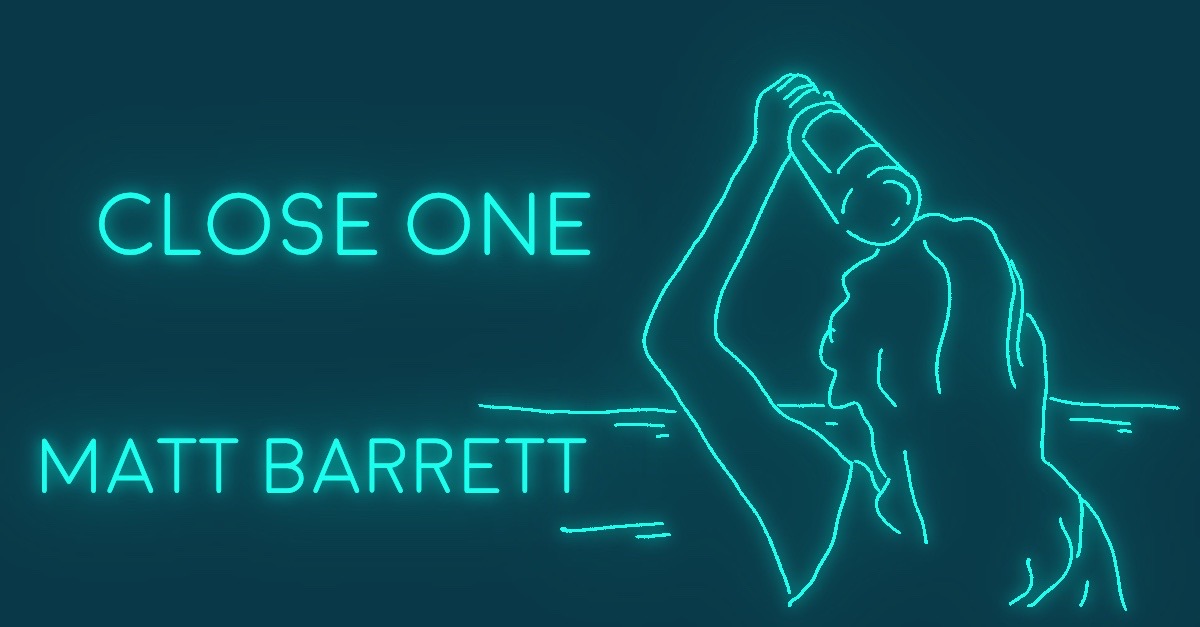
He said he knew the best way to escape. He wouldn’t just sit back as the cops put handcuffs on their wrists.
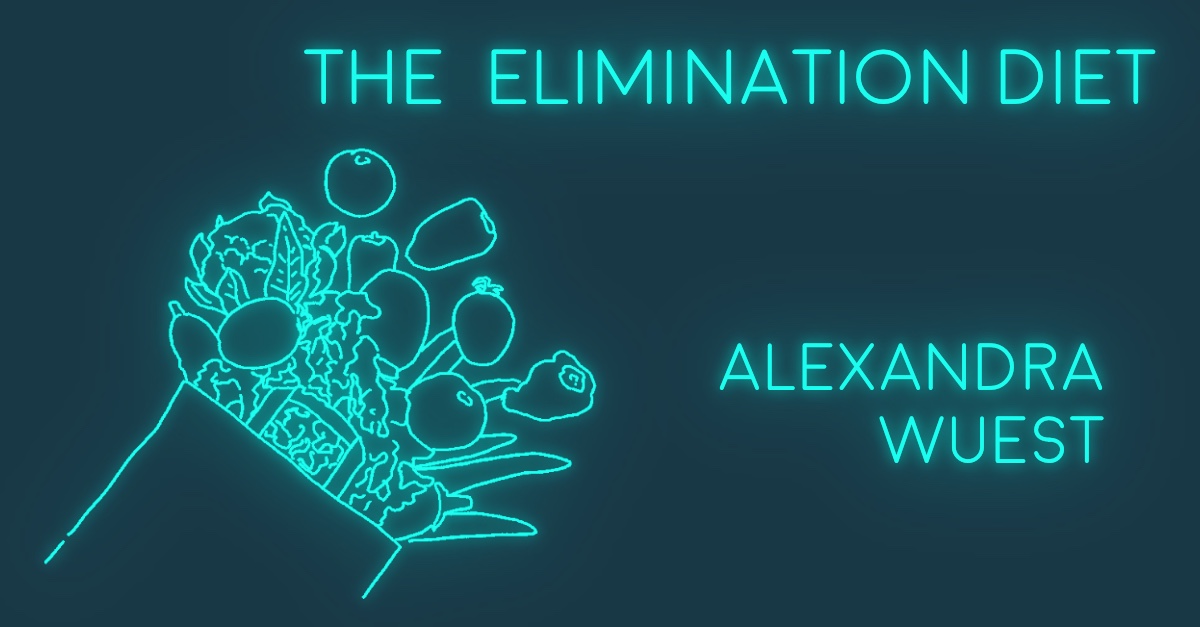
Her older sister Kathleen is on the clams casino diet. Her younger sister Nina is on the tap dance diet. Each sister thinks the others are crazy for eating the way they do and each sister says so.
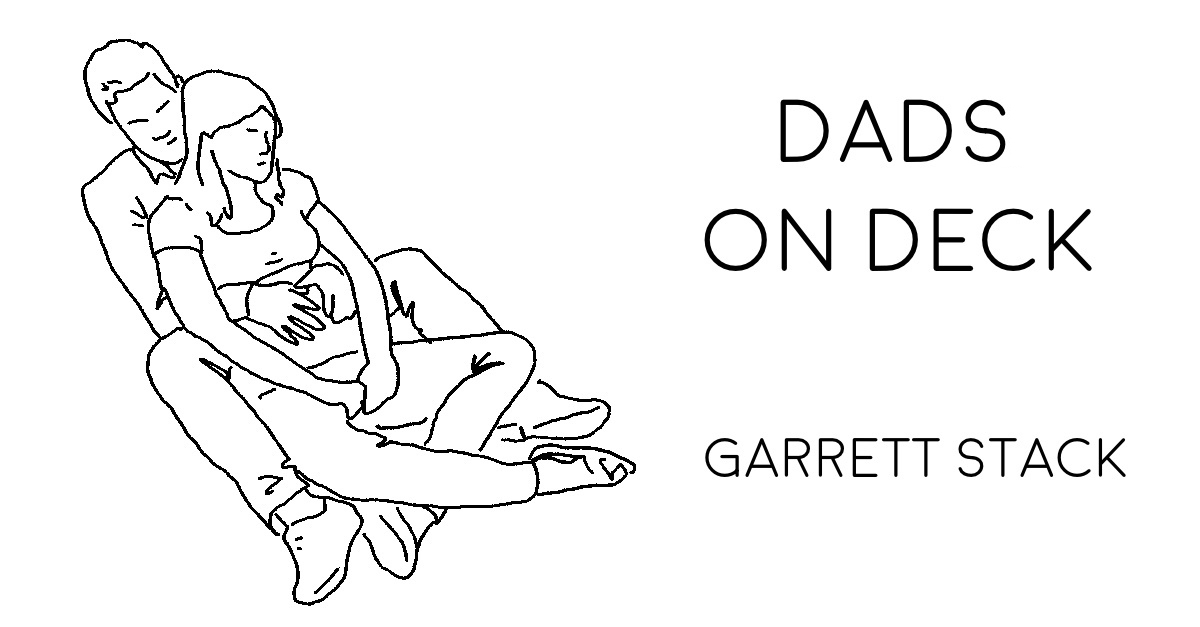
Cal gazes up in adoration, face illuminated in the glow of outdated technology, and tears stream down his face.
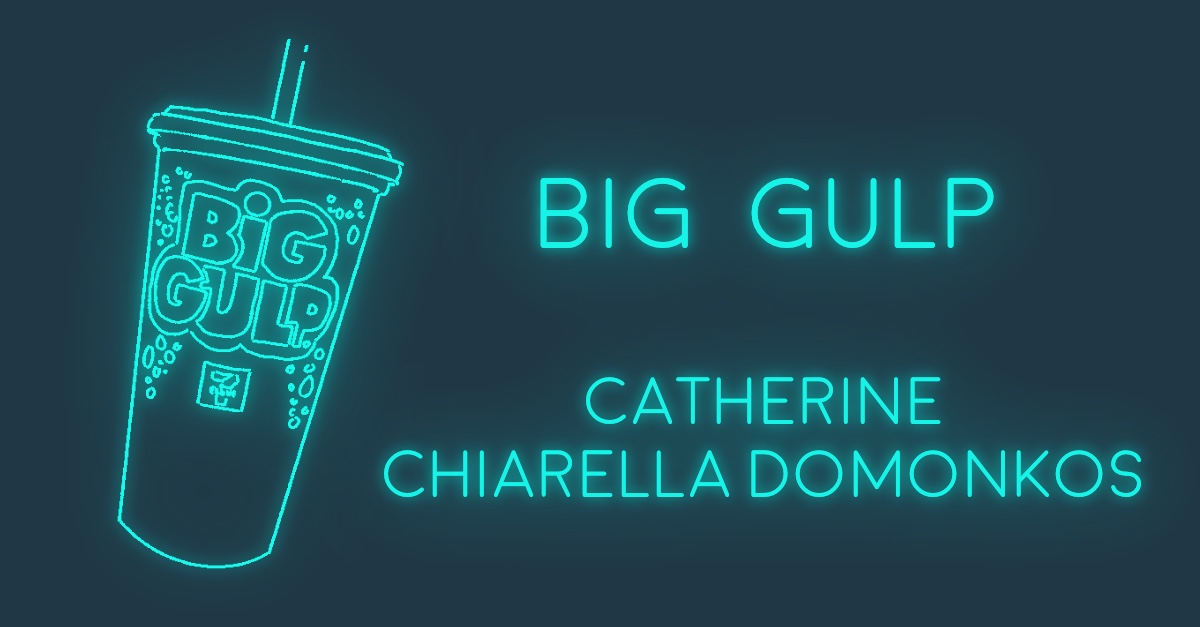
You hook up with Danny in a boys’ room stall after rock band practice the day he tells you when you hold the mike close to your lips it’s like you’re going down on it.
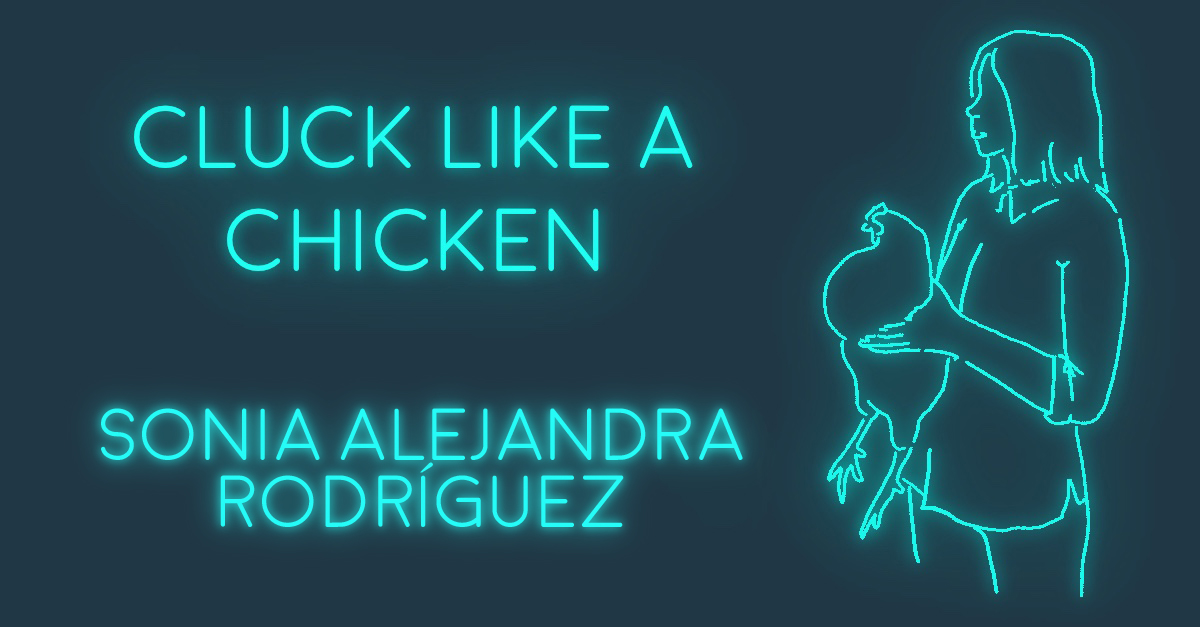
If this wasn’t serious business, you’d laugh your butt off because it looks like the chicken is wearing lipstick and the shine on its feathers makes you think of gel on jet black hair.

Perhaps by now they weren’t the most well-adjusted people they’d ever been. Perhaps by now they’d become, even to themselves, a little strange.
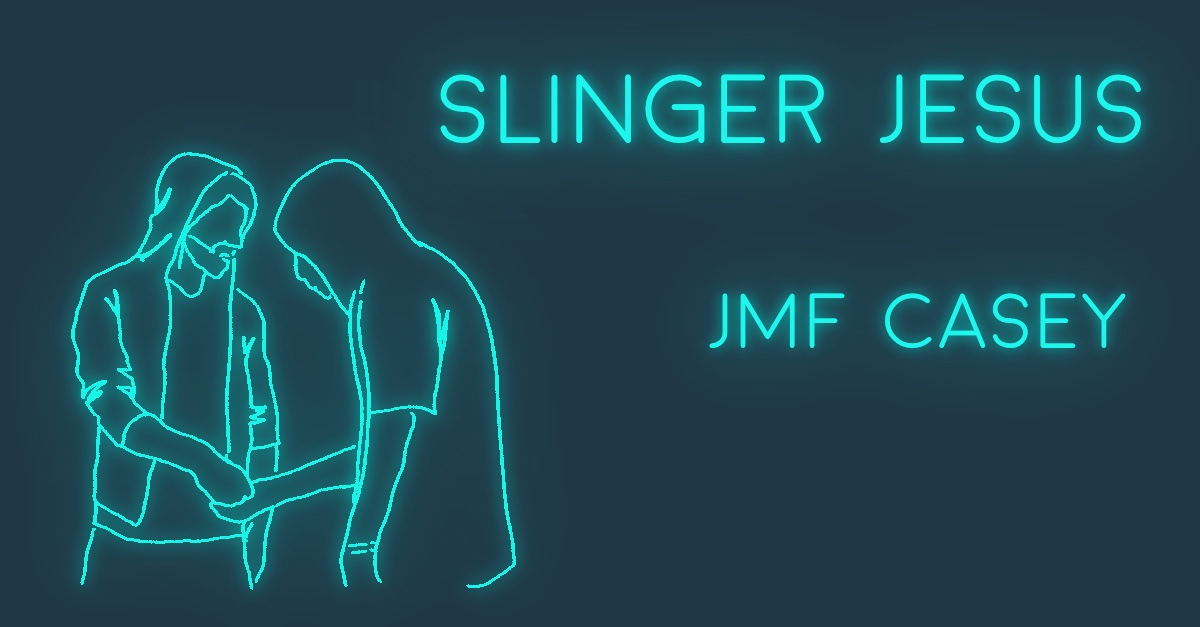
He held the baggy towards me, flexing its mouth, wafting the pungent vapours. It was barely a ‘teenth, not worth 30, but I bought it.
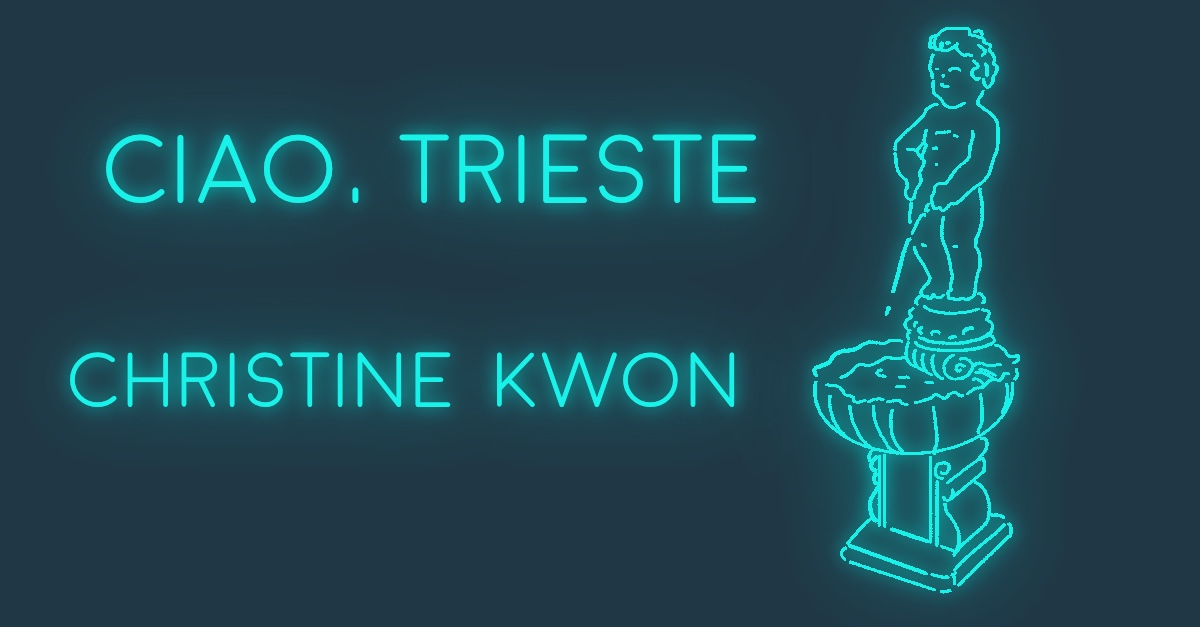
The screaming and kissing seem to come straight from the id, from the desire to suck out a man’s soul and leave him a desiccated shell.
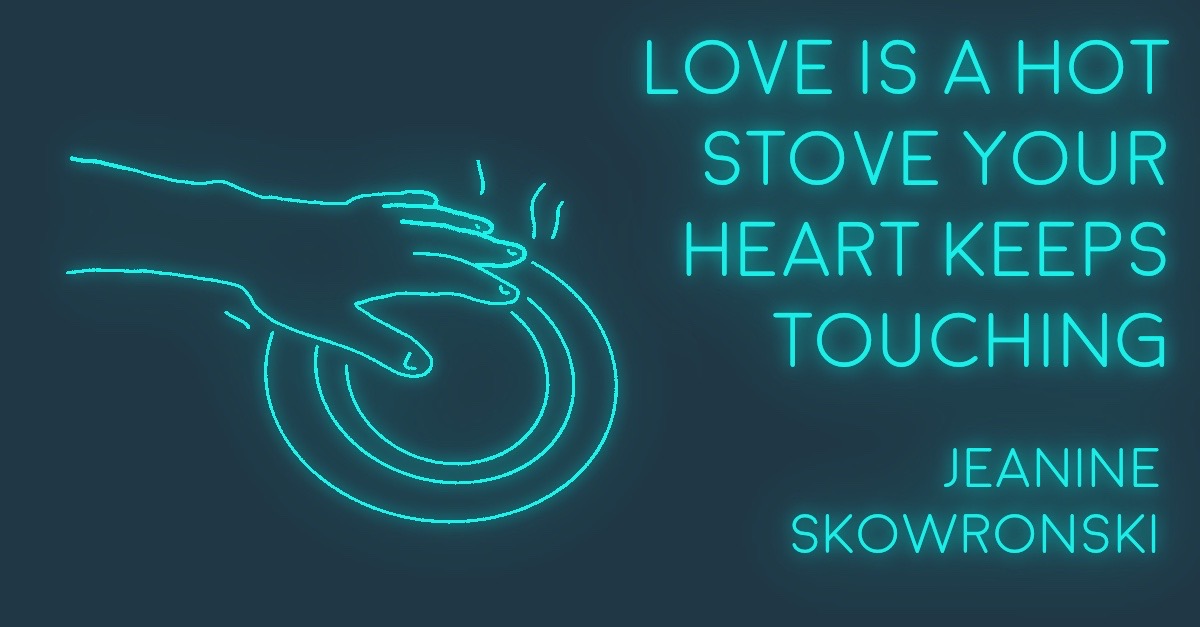
And so, you are here, you are here, you are waiting, frost-bitten and sun-stroked; you are waiting for a warmth that you think, that you know, that you think that you know now will never come.